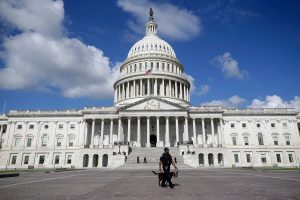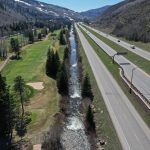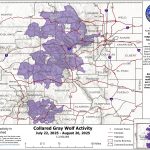Vail Valley Voices: Need a few good candidates in Vail
Vail, CO, Colorado
Editor’s note: The following is an excerpt from the Vail Homeowners Association monthly report for September. The newsletter electronic
version with links to supporting documents is available at http://www.vail
homeowners.com.
Seven candidates for the four vacant seats in the Nov. 8 Town Council election have taken the stage.
Fewer new faces are stepping forward. The smaller-than-normal lineup is dominated by incumbents and encore performances from former council members. Times have changed. Voters should make certain that those desiring to serve on the Town Council have an issues and policy agenda adjusted to the new realities caused by the Great Recession.

Support Local Journalism
The challenges ahead are daunting deterrents to public service from even the most well-intentioned citizen. To retain its leading position among mountain resort communities, Vail must attract practical, forward-thinking decision makers. Candidates must demonstrate that they have the skills necessary to make informed local decisions against an increasingly complex backdrop of both national and global conditions.
Desirable traits of a good decision maker are not inherited just by occupying a position within town government, elected or otherwise. They are attained through higher education, international travel, successful business experience and respect for cultural differences.
Nevertheless, a working knowledge of how Vail Town Hall operates is useful to a candidate to avoid falling in line with the pre-orchestrated agendas of others.
Since the beginning of the 2007 Great Recession, Vail’s municipal government has navigated rough waters. There has been a downturn in revenues collected from real estate and development sources. The town has avoided problems, thus far, through aggressive budget balancing and a focus on increasing sales tax revenues. There are those warning that the community should expect recessive economic conditions to stretch years further. Also, they believe the town needs to increase property taxes to meet an escalating backlog of deferred costs.
The town has few alternatives other than going to local voters for an increase in property taxes to finance spending for either its “wants” or its “needs.” The town does not have an objective ranking process to distinguish between the two.
Voters’ waning tolerance for nonessential spending could erode what would otherwise be sympathetic support.
Some forecasters predict that as local officials push for tax or regulatory fee increases, the reaction against them will increase.










